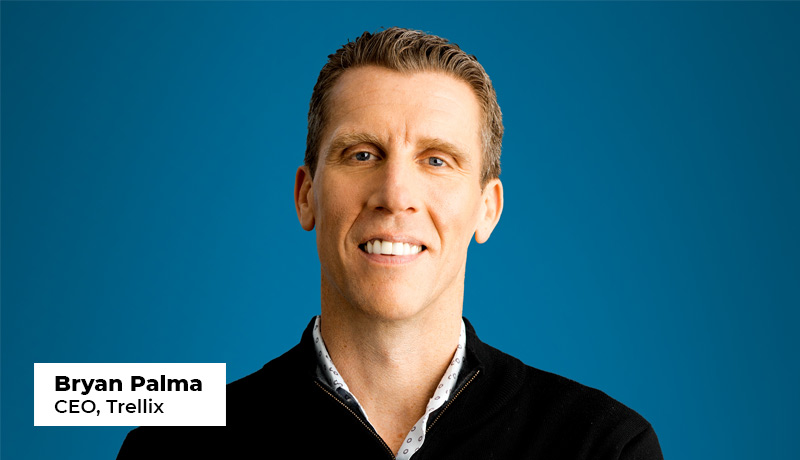
Trellix, the cybersecurity company delivering the future of extended detection and response (XDR), conducted new research into the cybersecurity industry’s talent shortage.
Among the key findings, 85% of those surveyed believe the workforce shortage is impacting their organizations’ abilities to secure increasingly complex information systems and networks. Of the current workforce, 30% plan to change professions in the future.
“Our industry is already 2.72 million people short. Cultivating and nurturing a cybersecurity workforce for our future requires expanding who we view as talent and changing our practices across the public and private sectors,” said Bryan Palma, CEO of Trellix. “Closing the cybersecurity talent gap is not only a business imperative, but important to national security and our daily lives. We need to remove barriers to entry, actively work to inspire people to do soulful work and ensure those in the field are retained.”
More Education is Needed. As the volume and sophistication of threats from nation-state actors and cybercriminals grow, so does the global shortage of cybersecurity professionals. While some countries, such as Russia and China, invest heavily in developing cybersecurity talent through state-funded education, many others do not. Trellix investigated education levels and discovered that more than half (56 percent) believe that degrees aren’t required for a successful career in cybersecurity. The survey also discovered:
Diversity Drives Better Outcomes. Of the cybersecurity professionals surveyed, 78% are male, 64% white and 89% straight, and a large majority of respondents (91%) believe there needs to be wider efforts to grow the cybersecurity talent pool from diverse groups. When it comes to encouraging more people to consider a career in cybersecurity, respondents reported inclusivity and equality for women (79%), diversity of the cybersecurity workforce (77%) and pay gaps between different demographic groups (72%) as highly or extremely important factors for the industry to address. Additional findings include:
Cybersecurity is Soulful Work. The survey found the vast majority (94%) believe the role of those working in cybersecurity is greater now than ever before and a similar amount (92%) report cybersecurity as purposeful, soulful work that motivates them. However, cybersecurity professionals are hungry for recognition, with 36% noting they feel a lack of acknowledgement for the good done for society. Of those looking to leave the field, 12% say it is due to lack of feeling appreciated. The survey discovered:
The talent gap survey comes on the heels of Trellix’s In the Crosshairs: Organizations and Nation-State Cyber Threats report, which found that organizations cite a lack of cybersecurity talent as the most significant barrier to protecting themselves against nation-state cyber threats.